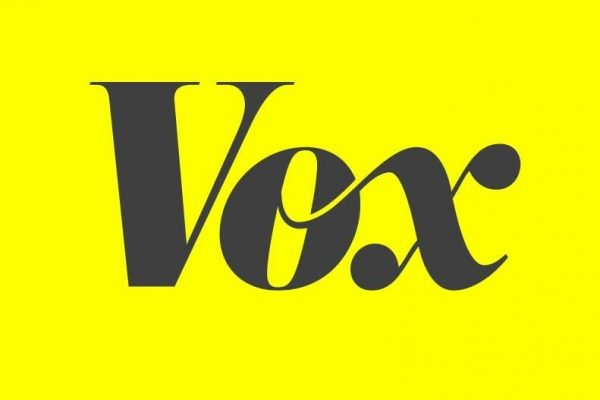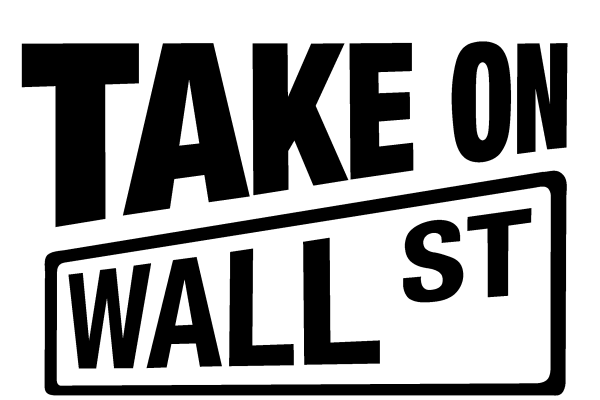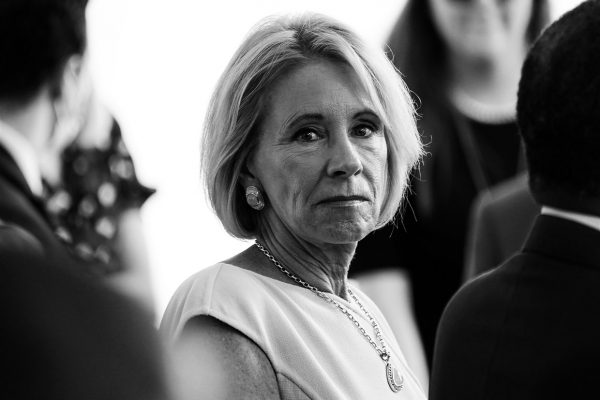In the News: ‘Build Back Better?’ Start with the Fed’s MLF (The Bond Buyer)
Next month, Joe Biden is going confront not only a terrible pandemic but also a pressing economic challenge. And this challenge is unfolding beyond Washington as the sum of thousands of smaller economic challenges being felt in statehouses, county seats, and city halls all across the country. Fortunately, there are tools at hand that President Biden can use. But he’ll have to be bold.










